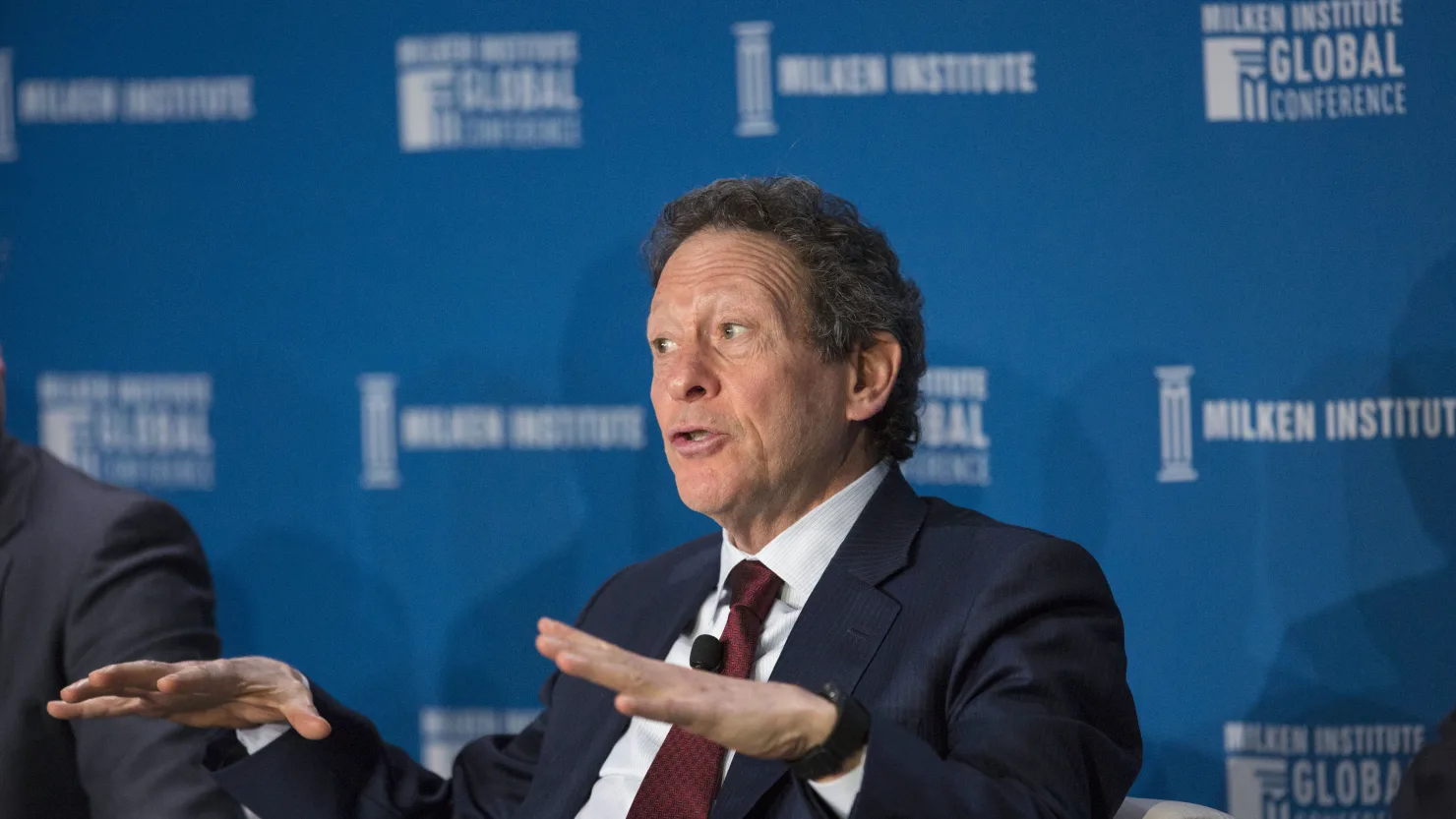Measles could re-establish itself as an endemic disease in the United States if routine childhood vaccination rates continue to decline, according to new research published in the journal JAMA.
The study projects that under certain scenarios, the country could see tens of millions of measles cases over the next 25 years.
Researchers from Stanford, Baylor, Rice, and Texas A&M universities developed a model using vaccination, birth, and death data from 2004 to 2023. They estimated current state-level measles-mumps-rubella (MMR) vaccine coverage to range from 87.7% to 95.6%. Because measles is highly contagious, experts recommend that at least 95% of a community be vaccinated with two MMR doses to prevent outbreaks.
If current vaccination rates remain steady, the model forecasts that measles could become endemic in the US in just over two decades, potentially resulting in hundreds of thousands of cases. A 10% drop in coverage could lead to 11.1 million cases over 25 years, while a 50% decline in routine childhood vaccinations might cause more than 51 million measles cases, alongside increases in rubella, polio, and diphtheria. In such a scenario, researchers project over 10 million hospitalizations and nearly 160,000 deaths.
Conversely, even a modest 5% increase in vaccination rates could dramatically reduce projected measles cases to just 5,800 over the same period.
“The US is approaching a tipping point where measles could once again become a common disease,” said Dr. Nathan Lo, a Stanford University physician and study co-author.
He noted that even conservative estimates point to a significant public health burden if current trends persist.
Measles was declared eliminated in the US in 2000 thanks to widespread vaccination efforts, but cases have been rising again. So far in 2025, nearly 900 cases have been reported across more than half of US states, with a significant concentration in West Texas. Two child deaths have been confirmed, and a third occurred in neighboring New Mexico.
Health experts attribute part of the recent resurgence to growing vaccine hesitancy, misinformation, and pandemic-related disruptions to healthcare. A recent poll by KFF found that many Americans are unsure what to believe about the measles vaccine, with misinformation spreading widely online.
Dr. Mujeeb Basit, a professor at UT Southwestern Medical Center who was not involved in the study, said that although the modeling made broad assumptions, the approach was valid and highlighted important public health concerns.
“Once measles regains a foothold, it will take significant time and effort to reverse course,” he warned.
The authors acknowledge limitations in their model, including assumptions about uniform vaccination rates across states and simplified transmission dynamics. Nevertheless, they emphasize that the results underline the importance of maintaining high immunization coverage to avoid a resurgence of vaccine-preventable diseases.
Global health organizations have also raised alarms. Measles cases have surged in countries like Romania and Kazakhstan in recent years, largely due to declining vaccine uptake and healthcare disruptions.
In response to increasing concern over vaccine misinformation and hesitancy, the University of Minnesota’s Center for Infectious Disease Research and Policy has launched the Vaccine Integrity Project. The initiative aims to provide accurate vaccine information and counter misleading claims.
Public health leaders stress that sustained vaccination efforts are critical to preserving the progress made over the past decades.
“We’ve seen what happens when vaccination rates drop,” said study co-author Mathew Kiang. “The goal is to prevent measles—and other preventable diseases—from becoming routine threats once again.”
CNN, the Washington Post, and the Financial Times contributed to this report.










The latest news in your social feeds
Subscribe to our social media platforms to stay tuned